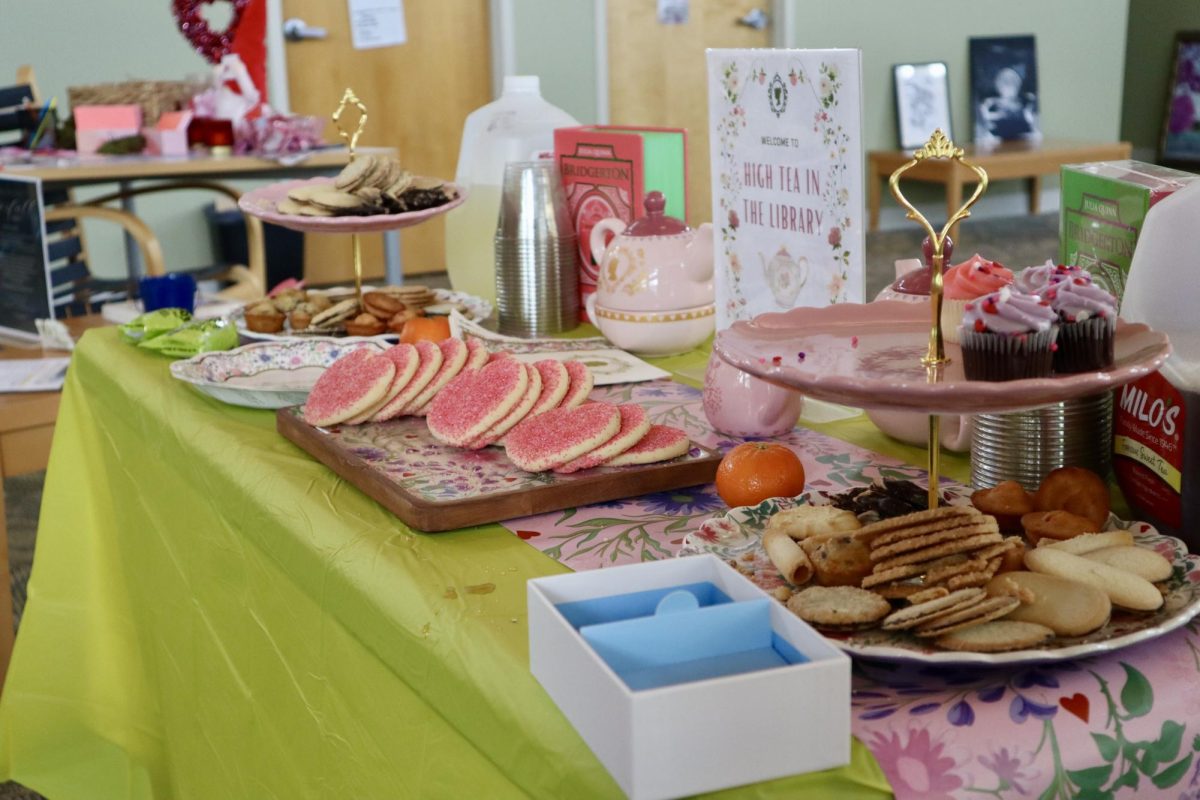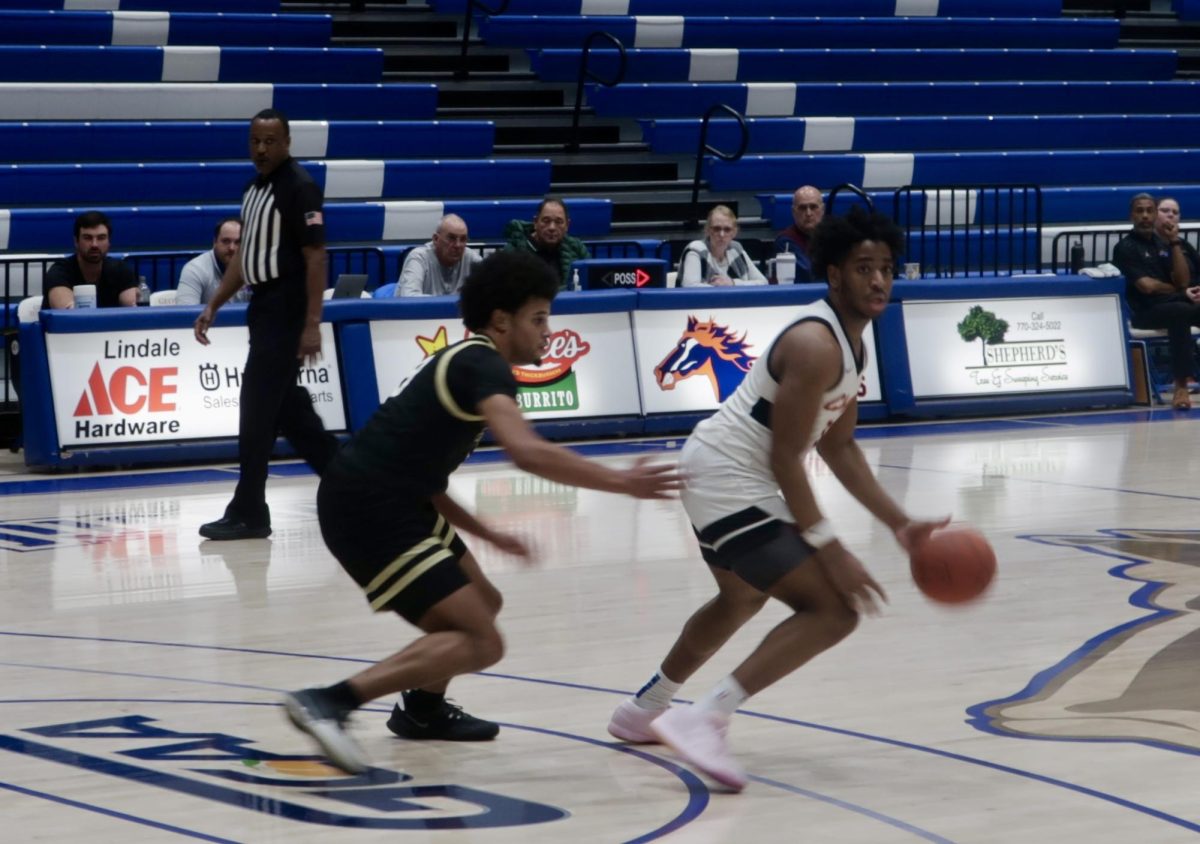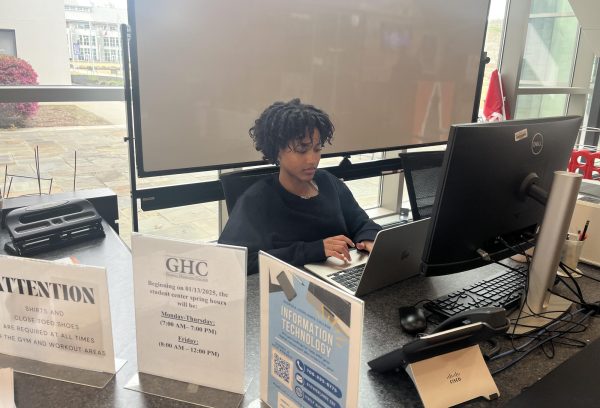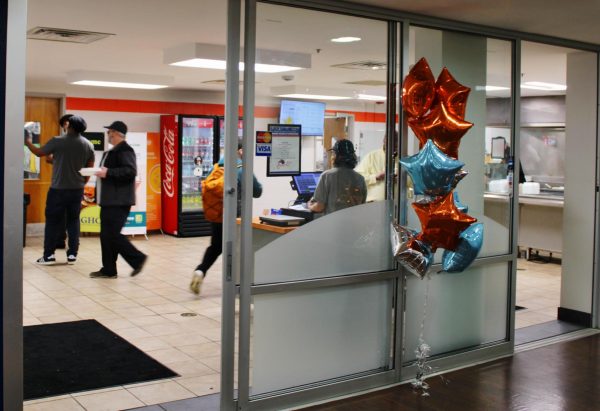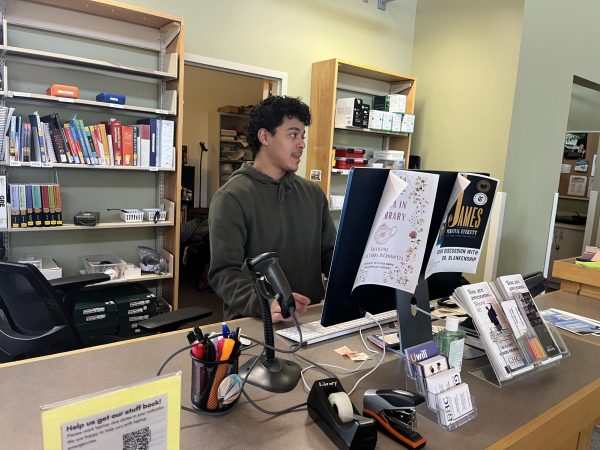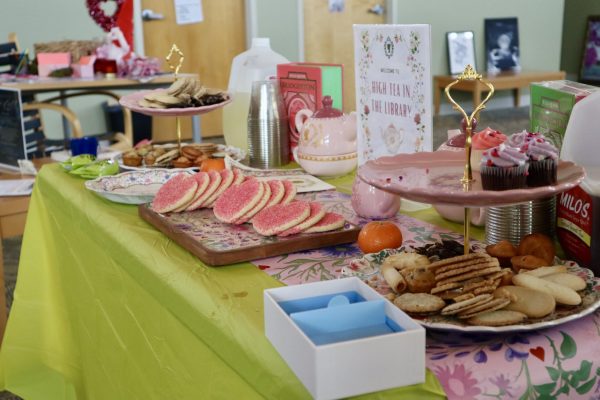Summer and Maymester classes move to remote learning
With the ongoing spread of COVID-19, GHC has decided to convert all summer and Maymester classes to remote learning.
Remote learning means that the learner and instructor are separated by time and distance and cannot meet in a traditional classroom. Many teachers have to move their curriculum from face-to-face to online.
Laura Ralston will be teaching MATH 1401 in an eClassroom format. She said she, “will meet with students via Zoom to provide course instruction, student discussion and opportunities for student questions.”
“While I have numerous resources already developed, I will have to revise and revamp some of them for the Zoom format, which will require more time than anyone anticipates,” Ralston said. “Having developed a fully online course, I know that transforming any class to online is time intensive. I would estimate it takes 40 to 50 hours, if not more. Regardless, I will be prepared when students enter the course on May 18.”
Ralston has been teaching the web-based MATH 1401 course for four years but has been teaching Maymester MATH 1401 face to face for eight years. She believes students will still have a positive experience learning statistics in the eClassroom format.
“GHC’s first priority is the safety and health of the students, faculty and staff,” Ralston said. “We want to continue to do our part to prevent the spread of the coronavirus\; however, I do miss the face to face interaction with our students.”
“Remote learning gives students the opportunity to continue to grow in these trying times,” said psychology professor, Elizabeth Dose. “Equally inspiring, remote learning also provides faculty with the opportunity to step outside of their comfort level and draw on new insights.”
Dose said she actually prefers this modality and has traditionally provided web-based instruction over the summer. Although she is very familiar with the online courses, she has decided to incorporate Zoom lectures, or video-based delivery to her classes.
“GHC personnel are doing a very good job of providing support for that effort, especially considering the number of other changes that we’ve all dealt with over the past month,” said sociology professor, John Stovall.
Stovall has been teaching two sociology courses online every summer and said things won’t change much for him.
“I think we will be prepared to continue this and to improve our remote instruction during the summer,” Stovall said. “Students taking summer classes should be encouraged by the fact that this change has already been made and, from what I understand, seems to be working pretty well. I’m confident in the ability of my colleagues to meet the challenges we’ve faced and to continue to provide quality instruction.”





